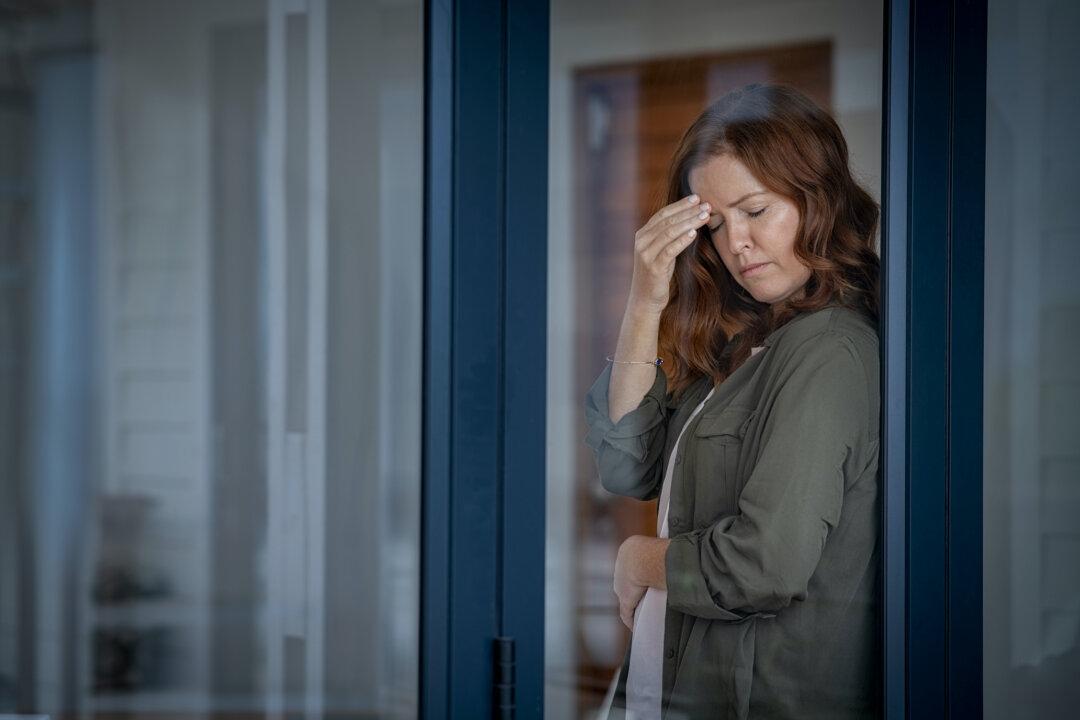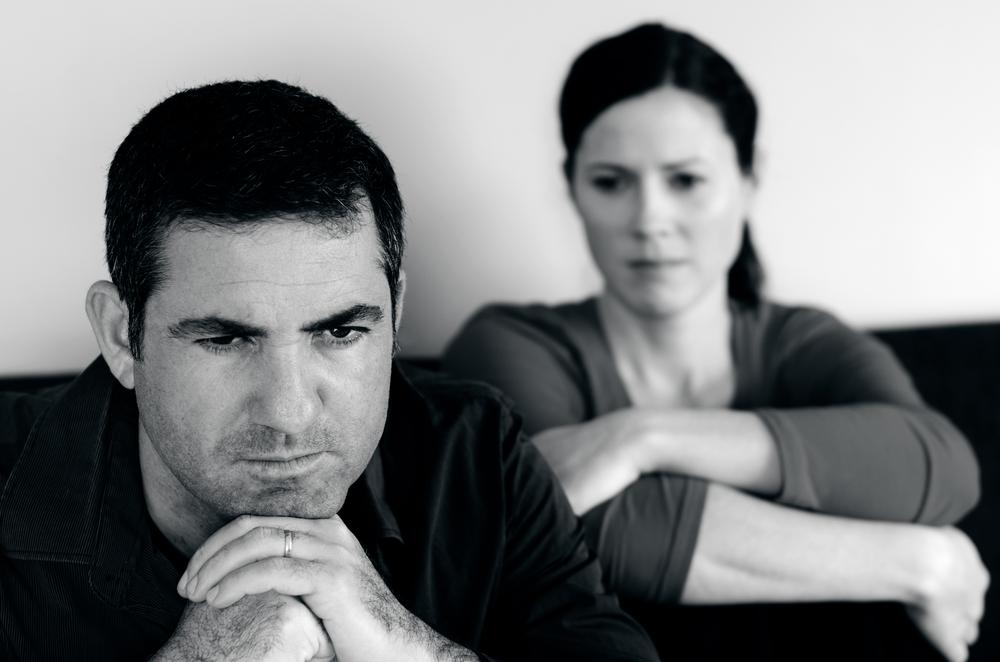Have you ever found yourself in a situation you didn’t want to be in? If you’re over the age of 7, the answer, I’m guessing, is yes. As a therapist, I often meet people in moments of conflict. Something in their life isn’t working, but they don’t know how to get out of it; they don’t know how to change their reality to get out of a bad situation.
Lisa’s aging and ailing father was now living with her. She was making all of his meals, checking on him during the night, helping him use the bathroom and bathe, and many other difficult tasks. It was a lot of work, on top of her full-time job. As a result, Lisa felt exhausted, frazzled, resentful, and overwhelmed. Her relationship with her boyfriend was coming apart because she simply wasn’t available, emotionally or physically. There wasn’t enough of her to go around. And her own health was declining, too; without the time or energy to exercise, make healthy eating choices, or get enough sleep, she was in hardcore burn-out.






